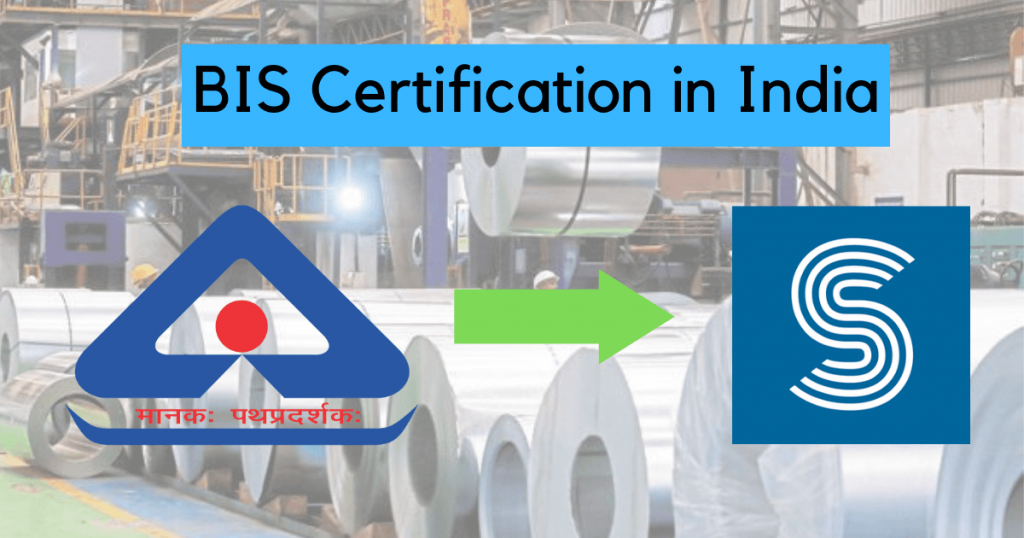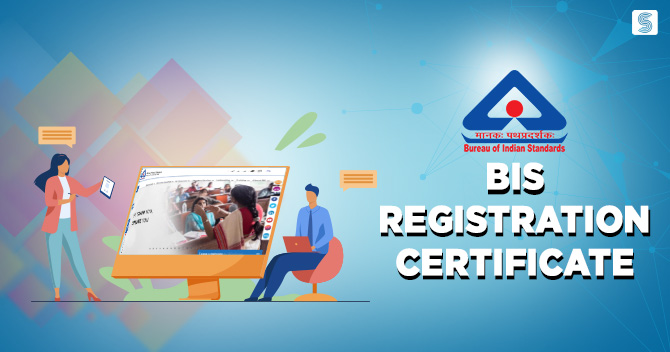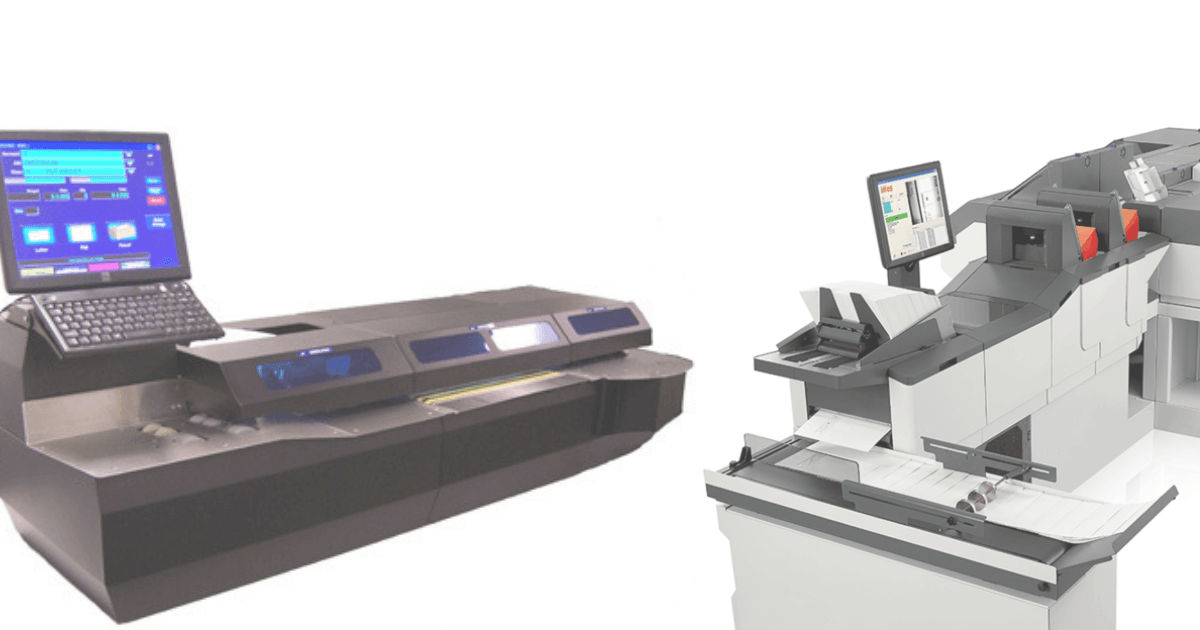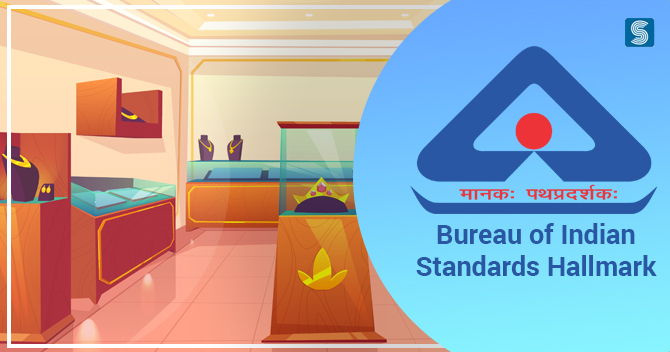How to Obtain BIS Certification for Electronics Clock in India

Swarit Advisors | Updated: Mar 05, 2019 | Category: BIS
Every individual who is engaged in the trade of sale or import or export of electronics items in India must have the BIS certification. For example, if you want to launch an electronics clock, then you should mandatorily obtain BIS certification for Electronics Clock. Only then, you will be able to sell the product in India.
Therefore, in this blog, our main intent is to make you aware of the procedure involved in obtaining BIS Certification for Electronics Clock in India. Before that, let’s have a quick revision of BIS.
Table of Contents
All you need to know about BIS
The Bureau of Indian Standards (BIS) was set up by the Government of India on the lines of the International Organization for Standardization (ISO) under the BIS Act, 1986. In addition, it falls under the aegis of the Ministry of Consumer Affairs, Food, and Public Distribution. Its predecessor was the erstwhile Indian Standards Institution (ISI). The main objective of the Bureau is to formulate and promote Indian standards, certify products for Indian and foreign manufacturers and certify management systems like QMS, Environmental Management System, Food Safety Management System and many more.
Objective of BIS
Products and management systems certified by BIS are perceived to be safe and reliable for use by consumers. BIS certification is mostly voluntary in nature where manufacturers and service providers get registered to build a dynamic brand image in the market.
Mandatory Certification by manufacturers under BIS
For some products, it is mandatory that the manufacturers obtain the BIS registration before launching their product in the market. These products are classified under the Compulsory Registration Scheme (CRS).
Classifications under CRS:
The CRS is further sub-divided into two classifications –
- Scheme-I (ISI Mark Scheme) – about 107 products – different types of cement; circuit breakers; electric iron; electric immersion heaters; electric stoves; multi-purpose dry batteries; milk powder; infant milk substitutes; packaged drinking water etc. are covered under this Scheme. Manufacturers of such products need ISI certification before introducing their product in the market. The process of ISI registration is like that of BIS registration where product samples need to be submitted to BIS-approved labs for testing that they conform with the given standard. On approval, BIS officers inspect the factory and the manufacturing process. After submission of required documents, the application is reviewed by the regional BIS office post for which the ISI certification is done.
- Scheme-II (Registration Scheme) – about 50 products have been included under this scheme that are majorly electronic products, Information Technology equipment, solar photovoltaic, secondary cells, and batteries for solar photovoltaic[1], etc. This scheme was introduced in 2012 by the Department of Electronics and Information Technology (DeitY) and BIS. It initially included 15 electronics. The Scheme is now regulated by the Ministry of Electronics & Information Technology (MeitY) and the Bureau.
BIS certification for Foreign manufacturers
For foreign manufacturers too, the scheme is applicable. They need to obtain the BIS registration before their products enter the Indian market. All products are required to be tested in BIS Approved Testing Labs in India before the unique registration number is allotted to the manufacturer. Labs based outside the country are not recognized for testing for this program by BIS.
Also, Read: BIS certification for mail processing machines
BIS certification for Electronic clocks with mains powers and electronic games (Video)
This category includes as follow:
Product Description
Electronic Clocks with Mains Powers
All types of electronic clocks that run by using electricity and have a digital display fall under this category. All models of such clocks that need to relate to mains power or in other words, the source of electricity, mandatorily require BIS registration before being sold, distributed or exported/imported into the Indian consumer market. All such clocks fall under the purview of IS 302-2-26:2014 that has been classified as Safety of Household and Similar Electrical Appliances.
- The scope clearly mentions that the standard is meant for testing the general and safety requirements of all such digital clocks that indicate time with a rated voltage not exceeding 250 V AC single phase or dc.
- Alarm clocks, clocks that control radio receivers and spring driven clocks where the winding mechanism is operated with electricity fall within the scope of the standard.
- Clocks that just have electronic circuits or timers used in washing machines, cooking ranges etc. and clocks that are in-built in mains-operated electronic household items do not fall within the scope of the standard.
Electronics Games (Video)
An electronic game, also called a video game or computer game that uses computer circuitry to enable playing of games in an interactive manner. All formats of such games are required to bear the BIS registration This product type is governed by the IS 616:2010 standard that has been named as the Audio, Video and similar electronic Apparatus Safety requirement.
- Under the scope products like amplifiers, load transducers and source transducers, electronic musical instruments and accessories, audio and video educational apparatus, video cameras and monitors, jukes boxes, scoring machines and video projectors are included.
- The rated supply voltage of such equipment cannot exceed 250 V AC single-phase or dc and 433 V AC in case of a multi-phase supply source.
- Under the standard, the equipment is not for use at altitudes above 2000 metre above sea level and at wet areas.
Procedure for BIS certification for electronic clocks with mains powers and electronic video games H2
a) The first step in the process is to submit a sample of the product with an approved or recognized BIS testing laboratory in India to get the product tested along with the laboratory fees. The lab fee details for the above-mentioned products are as follows: –
| S. No. | Product Name | Laboratory Fees (Rs.) |
| 1 | Electronic clocks with mains powers | 30, 000/- |
| 2 | Electronic Games (Video) | 28, 000/- |
b) The testing process typically takes from 15 days to a month’s time to get completed. After this, the laboratory issues the Test Report. In the case of non-conformity to the prescribed standard, the lab will issue a non-conformity report.
c) This test report along with other required documents need to be submitted along with the application Form-VI (for BIS Registration) and Form-V (for ISI Registration) to the regional office of the Bureau. The required application fees need to be remitted too along with the form.
d) The next step is where BIS officials visit the factory for physical verification. The purpose is to check the manufacturing unit set-up and understand the Quality Control process of the unit. The team at this point, especially in case of ISI registration, picks up random samples that would get tested in one of the BIS recognised labs.
e) In the final step, all the documents submitted, the physical verification report of the factory and the test reports are scrutinized thoroughly before the formal certificate is issued. Once the approval is received the Government fee needs to be deposited to receive the certificate. BIS certification costs for the two products being discussed here is as follows: –
| S. No. | Product Name | Government Fees (Rs.) |
| 1 | Electronic clocks with mains powers | 53, 000/- |
| 2 | Electronic Games (Video) | 53, 000/- |
It is advisable to seek expert help from BIS certifying agents so that they can handle the entire process and guide on the requisite fees required to be paid. ISI Mark registration fees and the BIS Certification costs differ from product to product.
f) In case of non-conformity, the process or the product needs to be rectified and the rectification report needs to be submitted along with the Government fees or the annual marking fees (in case of ISI Certification). On satisfactory submission, the Bureau will issue the relevant certificate.
Documents required for BIS certification
- Technical specifications of the product – the drawing of the product, components and raw material details, user manual, Critical component list.
- Factory related documents that include
- Company registration certificate. For SSI, relevant Registration certificate.
- Trade Mark Registration.
- Detailed flow chart of the manufacturing process
- Detailed list of manufacturing machines – name, their purpose, capacity etc.
- In case certain processes are outsourced, the details and quality control documents related to the same.
- List of internal testing facilities clearly mentioning details of the calibration status, the least count etc. Calibration certificates of the testing equipment that should not be more than 3 months old.
- Plant layout
- Packing and storage details
- Organization chart of the factory
- Location map
- Details of the Quality control team and their qualification certificates.
- Test report copies for each raw material and part.
- Authorization from CEO in case of an authorized signatory and in case of foreign manufacturers, details of Indian Representative.
- Original Test report from BIS Approved Laboratory.
FAQ’s
1. How much time does it take to complete the process and get BIS certification?
It typically takes anywhere between 20 -30 working days to get the certification, provided all required details and steps are in order.
2. In case of multiple models and series, what is the testing process?
As per the Guidelines for Series Approval of Products, one sample out of a series of every ten models in the series will be selected for testing. The rule further mentions that the worst configuration case (determined as per Safety Design consideration) will get selected for the test.
3. Do multiple brands require multiple registrations?
Yes. If a common test report is being generated it is required that all the brands should be separately listed out in the report.
4. Is BIS certification location-specific?
Yes. The registration number issued by BIS is a unique number that represents a single manufacturing location. Hence each location requires separate registration.
5. What is the validity of the BIS certificate? And for how long is the test report from the BIS recognized lab valid?
The certificate obtained is valid for a period of two years and can be renewed thereafter. The test reports that are more than 90 days old are not acceptable for BIS registration process.
6. What is the renewal process of the BIS certificate?
The application for renewal needs to be done on a prescribed format by the manufacturer at least a month before the expiry of the certificate. The renewal fees also need to be submitted alongside. Retesting is not required but BIS or ministry officials can pick up samples during surveillance for testing purpose. Retesting needs to be done only in the case that the initial test reports are not up to the revised standards.
7. How is the label to be marked post-certification?
The marking label needs to clearly specify the following information: –
- Brand name
- Product name
- Model number
- Input and output wattage
- Name of the country where it has been manufactured
- Manufacturer’s name
The label must be of such quality that it cannot be washed, rubbed or scratched off.
8. Is CRS applicable to spare parts too?
CRS is applicable only to the product and not to the spare parts of the product.
9. What is the Standard Mark?
Once the manufacturer has obtained BIS Certification it is mandatory that the BIS Logo or the Standard Mark is affixed on the product as well as on the packaging of the product. In the absence of this, he cannot sell, distribute or import/export the product.
It has 3 components: –
- The Indian Standards Number for the product/category
- The Standard Mark monograms
- The BIS Registration number issued to the manufacturer.
This logo can be stamped either as part of the marking label or outside the marking label. As per the guidelines issued by BIS in this context,
- The Standard Mark must decipherable, permanent and non-removable.
- The IS number and the Registration number cannot be any other font than Arial and text size not less than 6.
- It can be in one colour or multi-coloured. For multiple colours, there is a specific colour scheme that must be followed.
- Manufacturers also have the flexibility of using the ‘Self Declaration-Conforming to IS…’ along with the Registration Number on the product and packaging instead of using the Standard Mark.
Conclusion
BIS Certification consultants’ handhold from the start of the process until the certificate is received. It is recommended to speak to these consultants who can guide manufacturers and owners on whether their products fall under the purview of CRS and if yes, the fastest and the most cost-effective method of getting over with the process.
Since BIS registration requires intricate paperwork, testing at approved labs, internal audits, factory premise visit etc. where each step is equally important – incomplete documentation, reports or manufacturing processes that are not up to the mark can lead to outright rejection or delay the process – having the right BIS Certifying agent guiding through the course will lead to obtaining the certificate in optimal time.
Also, Read: How to Get BIS Registration Certificate in India?














